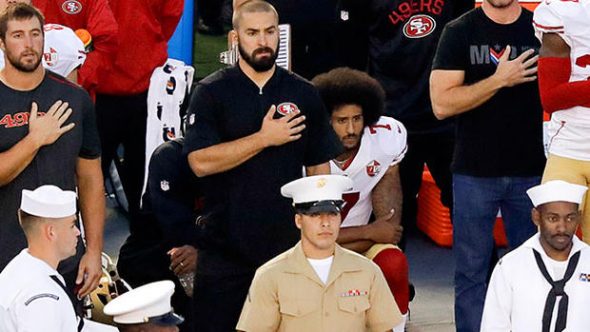 By Connor Murphy and Edine Harr’Met-Kimbouala
By Connor Murphy and Edine Harr’Met-Kimbouala
Perhaps more so than any other beat, sports journalism often seems to be uniquely insulated from the on-goings of the rest of the world. To many, sports are an escape from the everyday: school, jobs, and the other responsibilities that define our lives. Sports journalists are entrusted with accurately reporting the sporting news of the day, but often not more. Consumers don’t want to hear about Aleppo when catching up on the night’s baseball highlights. They want to know all there is to know about sports, but nothing more.
However, there are rare moments in history where sports and larger societal issues intersect. In the history of this nation, many of these instances revolve around race.
From Tommie Smith and John Carlos raising their fists in solidarity with the Black Panther movement at the 1968 Olympics to Muhammad Ali facing imprisonment for refusing to serve a nation he saw as oppressive to minorities, American race politics and sports have seemingly been intertwined for decades. Indeed, this phenomenon predates athletes such as Ali, Smith and Carlos, going as far back as when Jackie Robinson broke the color barrier in professional baseball, or Jim Thorpe became the nation’s first modern Native American sporting hero. Sports give men and women from every racial background opportunities to achieve greatness, and also serve as a platform for athletes to raise awareness for racial injustices or inequalities at the national level.
For sports journalists, accurate and trustworthy reporting on the intersection of sports and race can prove difficult. The nuance of racial injustices or problems in the criminal justice system is not part of a sports journalist’s everyday beat. But when sports and race intersect, sports journalists must seek truth and report it just as any other reporter would.
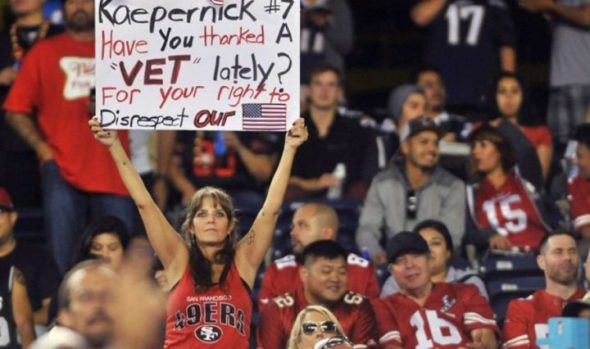
This unique dynamic sometimes produces upstanding reporting, but can also lead to insufficient or inappropriate coverage or race in sports. The recent protest by San Francisco 49ers quarterback Colin Kaepernick highlights the challenges sports journalists face in reliably and appropriately reporting on race and sports in America.
Kaepernick, a veteran quarterback for the San Fransisco 49ers, received little media attention over the course of this year for this play on the field. He is a backup who saw limited playing time in the previous season. But this pre-season, Kaepernick became a household name for refusing to stand during the national anthem to protest police brutality against African Americans and other minorities.
Social protests like Kaepernicks are not unheard of in recent sports history. Only a few years ago in this state, the Phoenix Suns wore Spanish jerseys during the nationally televised NBA playoffs to protest a controversial bill in the Arizona Legislature that many considered discriminatory against Hispanic Americans.
But Kaepernicks protest, much like Ali’s in the 1970’s, was perceived by many as an intentional act of disrespect towards the United States.
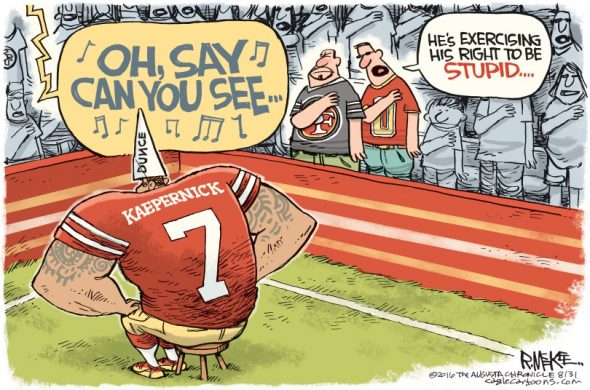
Sports journalists, who only the week before were covering whether Kaepernick completed a pass or two, were now tasked with accurately reporting on a national story that touched on race, violence, police brutality, and the nature of the very freedoms that define what it means to be an American.
Sadly, coverage of this story, like so many other protests regarding race in sports, has produced coverage that reflects bias more than it investigates the issues raised through the protest. On the one hand, fair and balanced reporting on every side of this story abounds. Those in favor and those opposed to Kaepernick’s protest, from men and women on the street to other prominent athletes and social figures, have had an opportunity to share their views with the media. But on the other hand, stories exploring the issues raised by Kaepernick or statements of support have failed to break into more mainstream media. Those opposed to Kaepernick’s views on race and sports have received undue attention, despite journalists obligation to show both sides of a story.
This is not necessarily the fault of the hundreds, if not thousands, of committed sports journalists who have dedicated time and effort to exploring this story. But an era of highly personalized online news content, where consumers can choose to exclusively receive news from sources with likeminded views, Colin Kaepernick’s protest has become lost in the jumble of stories reporting on his lack of patriotism. While Kaepernick’s protest invites a very real and necessary discussion of what it means to be American, to be free, or to be a minority in this country, coverage has instead tilted towards a dismissal of Kaepernick’s protest as un-American and unworthy of our attention.
Since his protest has begun, Colin Kaepernick’s jersey has become the third highest selling jersey in the entire league, dozens of prominent veterans have come out in support of the protest (arguing that they fought for his right to free speech and to protest), and even President Obama has defended the quarterback’s right to protest. Yet these stories are often lost or fail to break into the news cycle, at least to the extent articles to the contrary dominate the news. Simultaneously, seemingly inexcusable comments from members of the media, such as NBC’s Rodney Harrison stating Kaepernick was not, “black enough,” to engage in such a protest (Kaepernick is a mixed race African – American) have generated relatively little news coverage or outrage.
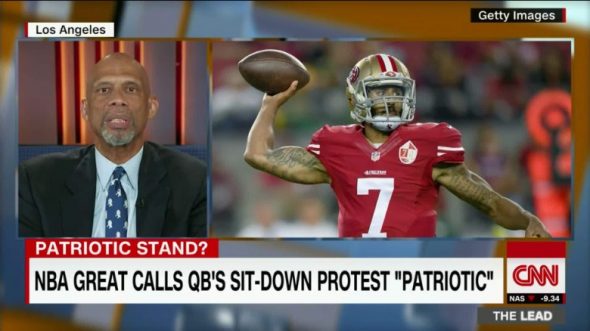
Journalists are not necessarily at fault if most Americans simply prefer to read stories about the importance of the national anthem rather than the police violence against minorities. Yet as sports and race intersect once again, journalists are obliged to make sure both sides of the story are told loud and clear. Thus far, coverage of Colin Kaepernick’s protest seems to have only reaffirmed that this nation has a great deal of work to do, if we want a more equitable society for all.

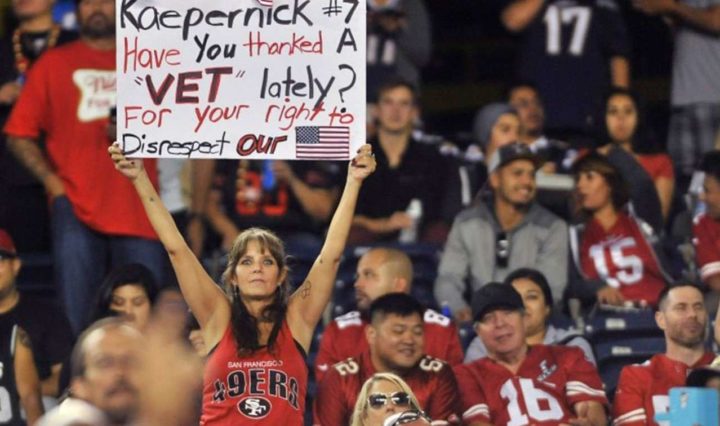
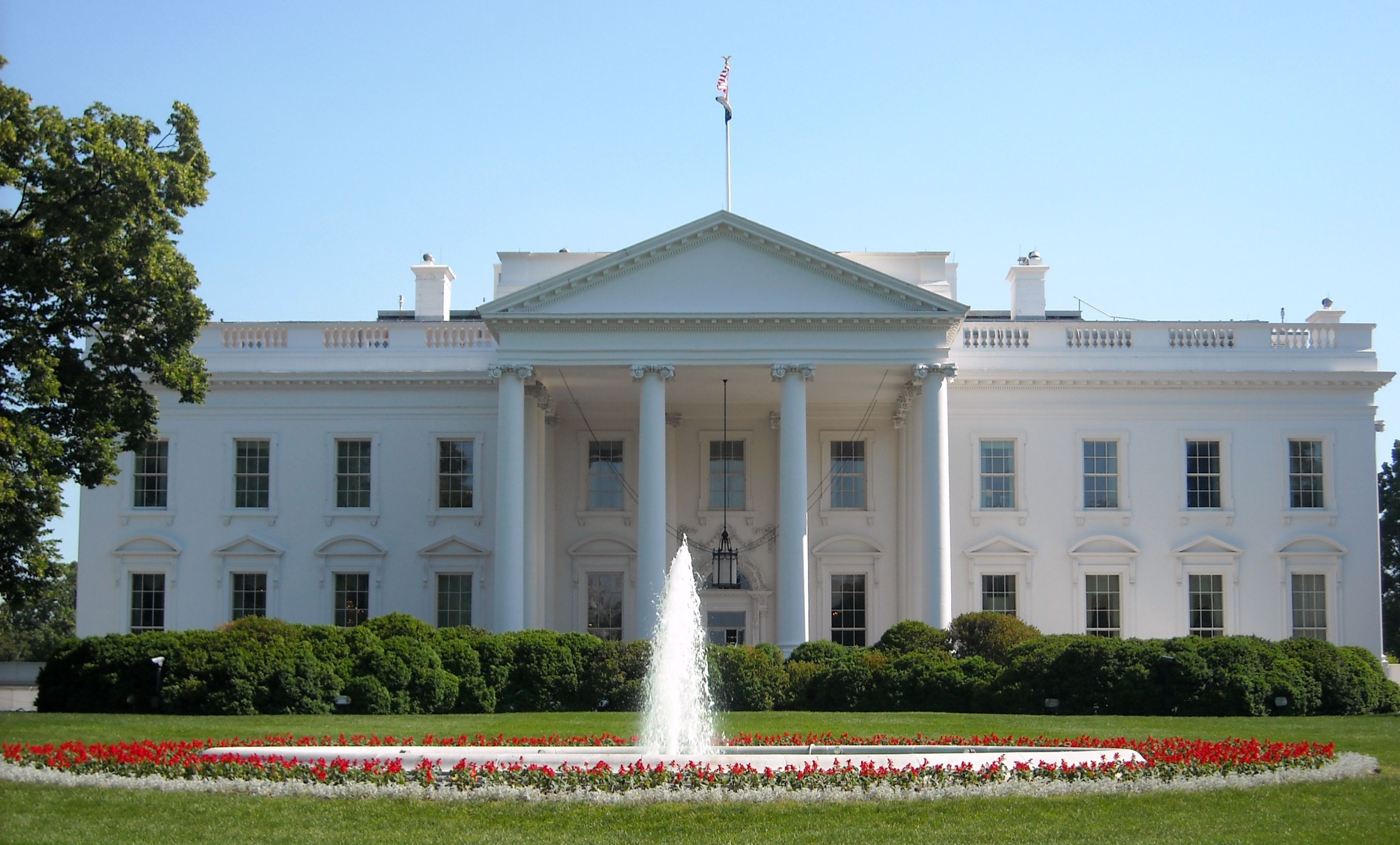
Great post Connor and Edine. When discussing race in America, I do not automatically think to sports; your unique viewpoint made me see race in another light. Your analysis about the headlines regarding Kaepernick is directly on point. The only “news” stories I have seen are simply about him sitting down–not the purpose or cause of his protest, how other people viewed it, and what he hoped to gain. Nothing on the actual substantial part of Kaepernick’s stand. I believe that sports has the ability to become a unique stage–one with many races as speakers and in the audience, and one filled with strong, confident athletes who are willing to make a stand for what they believe in. Let’s hope it happens!
I think it’s absolutely worth emphasizing how little of the coverage focused on Kaepernick’s defense of sitting down. Instead it drove totally into opinions and speculation. Sports figures occupy a unique role where they have an audience but traditionally don’t speak out persistently. The NBA protests were largely passive, “I can’t breath” t-shirts sending a message without any kind of discussion. Kaepernick wasn’t disruptive either, just very public.
The imagery from the other sports protests you mentioned, from the Olympics to Ali’s controversy, are compelling and make for a fair comparison. Patriotism is fluid, and exercising rights can be as patriotic as standing during the pledge of allegiance. Kaep’s sit-down has made for a charged interest in freedom of expression.
Connor and Edine good job. In sports, since the audience is driven by emotions, it becomes quite difficult to ignore audience response which indirectly informs socio-cultural conditions of that society. It is quite commendable that President Obama defended the quarterback’s right to protest.
A disparity can be highlighted in many ways; each way has a different repercussion upon individuals at a micro level and on society at a macro level.
I thought this was a really good post by Connor and Edine. The biggest point that I completely agree with is that far too much of the media coverage of Kapernick’s protest focused on simply whether he was unpatriotic or disrespectful. So much of the media coverage completely missed the point he was trying to make and the opportunity to continue the very important national discussion on race. Personally I find it amazing how so many people have simply focused on hating Kapernick for the way he decided to protest rather than actually examining his reasons for doing so.
I think another interesting point that they brought up that I hadn’t thought much about was how this story forced sports journalists from simply reporting what happens on the field to touching on some highly sensitive issues. This plays right into their strong final point that people would rather read hot takes about the national anthem than examine ugly social issues.